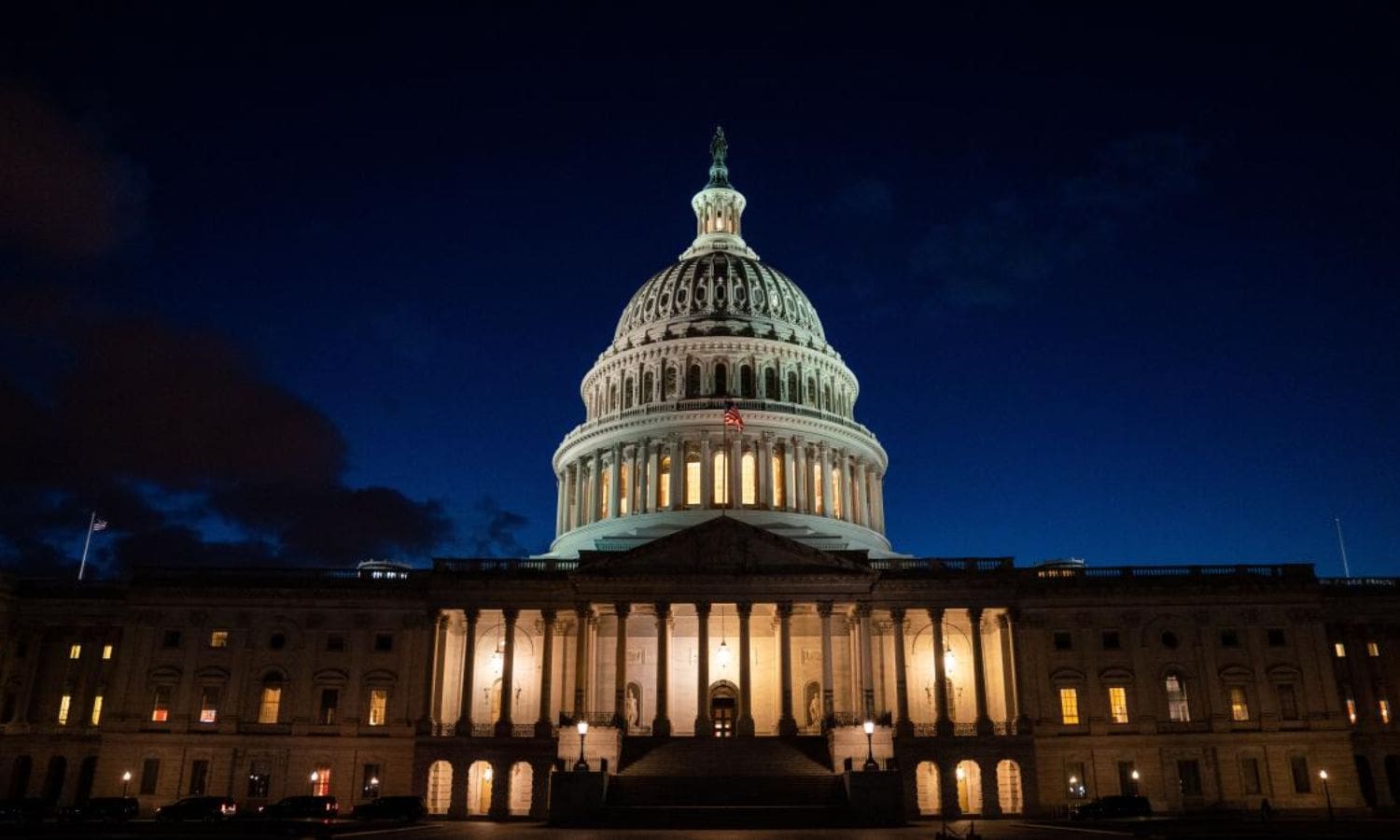California Climate Initiatives: California’s climate initiatives are facing an uncertain future as they grapple with a federal backlog that threatens to impede progress. The state’s efforts to combat climate change are at risk of being hindered by bureaucratic delays and a potential second term for President Trump.
The approval of crucial clean air rules hangs in the balance, awaiting the nod from a bottlenecked system. As California navigates the complex political dynamics and potential setbacks, concerns arise regarding disruptions and legal challenges that could undermine their environmental goals.
Key Takeaways
- The federal backlog and bureaucratic delays have hindered the implementation of clean air rules in California, particularly in the transportation sector, which has hampered efforts to reduce greenhouse gas emissions.
- The approval of crucial waivers necessary for California to implement stringent emissions standards is uncertain due to bureaucratic delays and political considerations, with the EPA’s decision-making process influenced by industry interests and political pressures.
- There is a risk of rolling back progress made in reducing transportation-related emissions, as well as a lack of federal support, funding, and resources for climate initiatives in California.
- Balancing ambitious environmental regulations with political realities is a challenge, and careful negotiation and strategic decision-making are required to avoid undermining or delaying climate initiatives.
California’s Race Against Time: Climate Change Policies Before a Potential Second Trump Term
California is facing a critical deadline to implement its climate change policies amidst the threat of a potential second term for Donald Trump. The state has long been a leader in environmental initiatives, with ambitious clean air rules and a commitment to reducing greenhouse gas emissions. However, California’s progress is currently at risk due to a federal backlog that is hindering the approval of key projects.
Federal approval is necessary for California to move forward with its climate initiatives, and the uncertainty surrounding a potential second Trump term only exacerbates the urgency. California must act swiftly to address climate change and mitigate its impact, but without federal support and cooperation, the state’s efforts may be stymied.
The clock is ticking, and California’s race against time to implement its climate change policies is more crucial than ever.
Federal Bottleneck and Bureaucratic Delays: Clean Air Rules Deferred Pending Approval
Amidst a federal backlog and bureaucratic delays, the implementation of clean air rules in California is currently deferred pending approval. This delay has significant implications for the state’s efforts to combat climate change and improve air quality. To understand the deeper meaning behind these delays, it is important to consider the following:
- The federal bottleneck: The approval process for clean air rules requires federal agencies to review and sign off on the regulations. However, the backlog of pending approvals at the federal level has caused a delay in the implementation of these rules in California.
- Bureaucratic delays: In addition to the federal backlog, bureaucratic delays within the Environmental Protection Agency (EPA) have further hindered the implementation process. These delays can be attributed to staffing shortages, changes in leadership, and competing priorities within the agency.
- Impacts on clean transportation: One specific clean air rule that has been deferred pending approval is the requirement for trucking companies to purchase more zero-emission vehicles. This delay not only hampers California’s efforts to reduce greenhouse gas emissions from the transportation sector but also slows down the transition to a cleaner and more sustainable transportation system.

ALSO READ: Valley Fever Surges Due to Climate Change: A Growing Public Health Threat in the US
Crucial Waivers and Political Dynamics: Biden’s EPA and Potential Setbacks
The approval of crucial waivers and the influence of political dynamics on Biden’s EPA may present potential setbacks for California’s climate initiatives.
These waivers, which are necessary for California to implement its own stringent emissions standards, are currently awaiting approval from the Environmental Protection Agency (EPA). However, the timeline for approval remains uncertain, with bureaucratic delays and political considerations adding to the uncertainty.
The Biden administration has expressed support for California’s climate goals, but the EPA’s decision-making process is influenced by various factors, including industry interests and political pressures. This creates a risk that the approval of the waivers could be delayed or even denied, hindering California’s efforts to combat climate change.
The state’s climate initiatives, which rely on these waivers, could face significant setbacks if the political dynamics within the EPA are not in alignment with California’s goals.
Concerns and Environmentalist Watch: Potential Disruptions and Legal Challenges
Potential disruptions and legal challenges have raised concerns among environmentalists and observers regarding the fate of California’s climate initiatives amidst the federal backlog. The delays in implementing these initiatives could have significant consequences for the state’s efforts to combat climate change and reduce greenhouse gas emissions.
Some of the key concerns and potential disruptions include:
- Rollback of regulations: With the Trump administration’s attempts to revoke the waiver that allowed California to set its own vehicle emissions standards, there is a risk of rolling back the progress made in reducing transportation-related emissions.
- Lack of federal support: The federal backlog may result in a lack of funding and resources for California’s climate initiatives, making it more challenging to implement and enforce regulations effectively.
- Legal challenges: The legal battles surrounding California’s climate initiatives, including lawsuits from industry groups and opposition from congressional Republicans, could further delay progress and create uncertainty about the future of these initiatives.
These concerns and potential disruptions highlight the need for swift action to address the federal backlog and ensure the continued success of California’s climate initiatives.

Ongoing Complexities and Indications of Movement: Balancing Regulations and Political Realities
One major complexity in California’s climate initiatives is the delicate balance between regulations and political realities. The state faces the challenge of implementing ambitious environmental regulations while also considering the political landscape and federal approvals. This balance is crucial to ensure the success and longevity of California’s climate initiatives.
The ongoing complexities in this balancing act are evident in recent developments. For instance, the Environmental Protection Agency (EPA) has scheduled a public hearing for California’s Advanced Clean Cars II rule, indicating some movement in the federal backlog. This is a positive sign for California’s climate initiatives, as it suggests that the federal government may be starting to address the backlog and provide the necessary approvals.
However, navigating the regulatory landscape while considering political realities remains a significant challenge. California must continue to advocate for its climate initiatives and work towards finding common ground with federal agencies and policymakers. This delicate balance requires careful negotiation and strategic decision-making to ensure that California’s climate initiatives are not undermined or delayed by political factors.
To further illustrate the ongoing complexities, the following table provides an overview of the key challenges and potential solutions in balancing regulations and political realities:
| Challenges | Potential Solutions |
|---|---|
| Federal backlog and approvals | Advocate for timely review and approvals; prioritize climate initiatives at the federal level |
| Political considerations | Engage in dialogue and negotiation with federal agencies and policymakers; find common ground |
| Public opinion and support | Educate the public on the importance of climate initiatives; build coalitions and alliances |
Conclusion Of California Climate Initiatives
California’s climate initiatives are facing significant risks due to federal backlog and bureaucratic delays. The pending approval of clean air rules and the potential setbacks under Biden’s EPA are major concerns. Environmentalists are closely watching for potential disruptions and legal challenges.
Balancing regulations and political realities adds to the ongoing complexities. It is crucial for California to address these challenges in order to effectively combat climate change and protect the environment.
Our Reader’s Queries
California Climate Initiatives
The air board in California has given its unanimous approval to a comprehensive state plan aimed at combating climate change. This new blueprint outlines the next five years’ strategy to reduce carbon emissions, decrease dependence on fossil fuels, and accelerate the shift towards renewable energy. The plan is a significant step towards a cleaner and more sustainable future for California.
What has California done for climate change?
The University of California Office of the President has been granted $100 million by the California State Budget Act of 2022-2023 to fund research that will have a rapid and quantifiable effect on climate resilience. This investment will enable the university to conduct groundbreaking research that will help mitigate the effects of climate change and promote a more sustainable future.
What is the California climate grant?
Local governments can contribute significantly to California’s climate goals. The State’s Climate Change Scoping Plan urges them to set targets to decrease greenhouse gas (GHG) emissions by 15% below 1990’s levels by 2020, 40% below 1990 levels in 2030, and 80% below 1990 levels by 2050. By adopting these goals, local governments can help the State achieve its climate objectives and reduce the impact of climate change.
What is the California Cities climate Action Plan?
Big businesses are now required to disclose their carbon emissions, thanks to the Climate Corporate Data Accountability Act. This new law mandates that companies with over $1 billion in annual revenue must report their emissions, including those from their supply chains. This move towards transparency and accountability is a crucial step in addressing the impact of carbon emissions on our environment. By shedding light on the carbon footprint of these large corporations, we can work towards reducing their impact and creating a more sustainable future.

